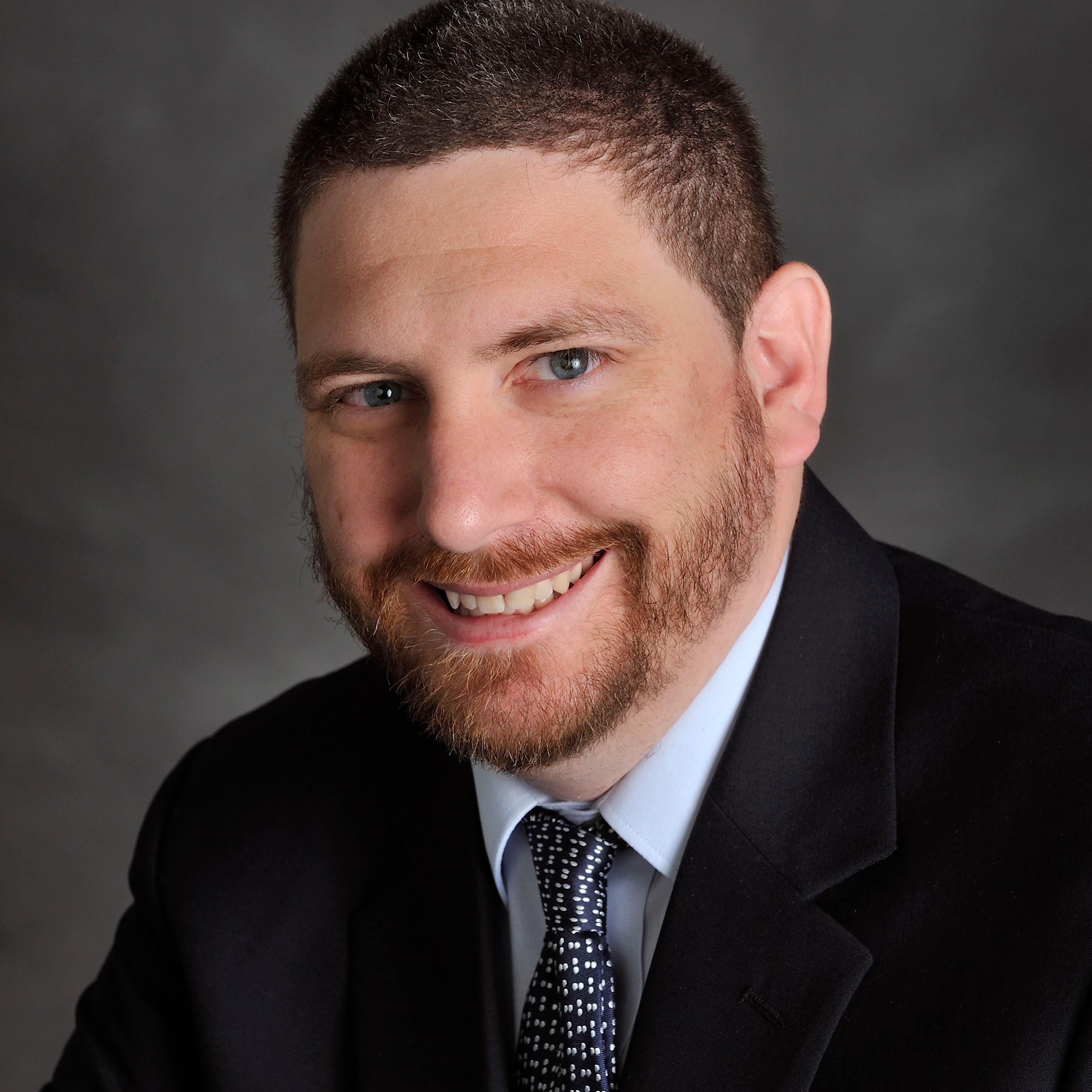March 2021: Kevin Heaslip

Kevin Heaslip
Professor
Civil and Environmental Engineering
Commonwealth Cyber Initiative Fellow
Consolidated Analysis Centers International Inc. Faculty Fellow
PhD, Civil and Environmental Engineering, University of Massachusetts Amherst, Massachusetts
MS, Civil and Environmental Engineering, Virginia Tech, Virginia
BS, Civil and Environmental Engineering, Virginia Tech, Virginia
Email kheaslip@vt.edu
Can you summarize your work briefly?
I am looking at critical infrastructure and transportation systems of the future, and what we are seeing is that cyber security is a huge issue with these systems. So, the interconnection between future infrastructure, future transportation, and cyber security is what I focus on.
How do you see your work contributing to the goals and vision of IIHCC?
IIHCC is a great opportunity to build connections with people. All my research is interdisciplinary, and the challenges that we have in this area cannot be solved by one person. To that end, building the connections, finding people in electric engineering, finding people in policy, etc. that can interact with the civil infrastructure is important. Taking the strengths from different areas and using that to build innovation is where we have seen massive benefits from this program, and certainly from the teams we have built over the years. This IIHCC vision provides the opportunity for us to come together to make progress, and without it we cannot move forward.
What other areas outside of your discipline would you consider for future research and proposal work?
I think that the area of SMART societies opens so many vectors, whether it is the humanities or engineering, or the notion of societies even expands to agriculture as there are farmers who use totally automated systems to harvest their crops. So really, this whole notion of moving from manually operated systems to automated systems, and as we integrate that into society there are huge challenges from a societal standpoint and an engineering standpoint as well. I think that this is the next frontier, as none of us have all of the answers or ability to do all of the necessary research to answer all of these questions, so putting together good teams and taking people’s expertise from different areas and putting them together is the only possible solution. I do not think that we have learned everything that we need to know yet, but considering where we were when we started this process, we are doing much better now. From my perspective, I see the role of the senior faculty as to build the next generation of researchers, whether it is the students or the younger faculty. If we do not take care of the people that come after us, then we are not going to be leaving the world nor the society in which they live in a good place.


